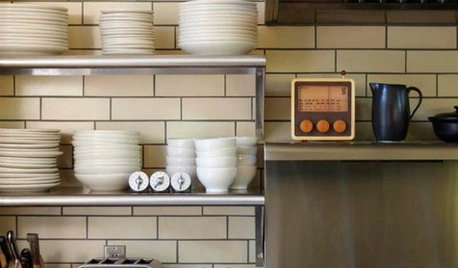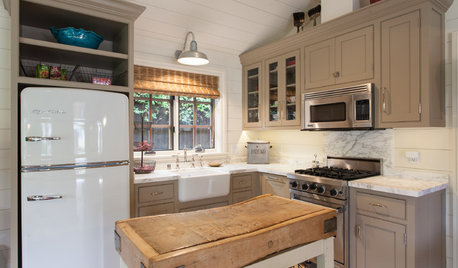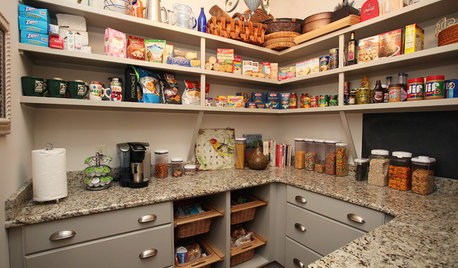BWB, Pressure Canner or Oven Canning?
maggieg
15 years ago
Related Stories

KITCHEN DESIGNCreate Your Own Checklist for a Well-Stocked Kitchen
Personalize the kitchen with your own must-haves from our list of top cooking tools, small appliances, pots, pans and more
Full Story
KITCHEN ISLANDSSmall, Slim and Super: Compact Kitchen Islands That Offer Big Function
Movable carts and narrow tables bring flexibility to these space-constrained kitchens
Full Story
LIFEHow to Prepare for and Live With a Power Outage
When electricity loss puts food, water and heat in jeopardy, don't be in the dark about how to stay as safe and comfortable as possible
Full Story





digdirt2
readinglady
Related Professionals
West Milford Landscape Architects & Landscape Designers · Accokeek Landscape Architects & Landscape Designers · Belmont Landscape Architects & Landscape Designers · Clemson Landscape Architects & Landscape Designers · Saint Matthews Landscape Architects & Landscape Designers · Finneytown Landscape Architects & Landscape Designers · Tempe Landscape Contractors · East Chicago Landscape Contractors · Golden Landscape Contractors · Hayden Landscape Contractors · Hickory Hills Landscape Contractors · Selden Landscape Contractors · St. Louis Landscape Contractors · Vacaville Landscape Contractors · Cleveland Driveway Installation & Maintenancedigdirt2
readinglady
digdirt2
maggiegOriginal Author
ksrogers
val_s
readinglady
ntsc
ksrogers
val_s
ksrogers
readinglady